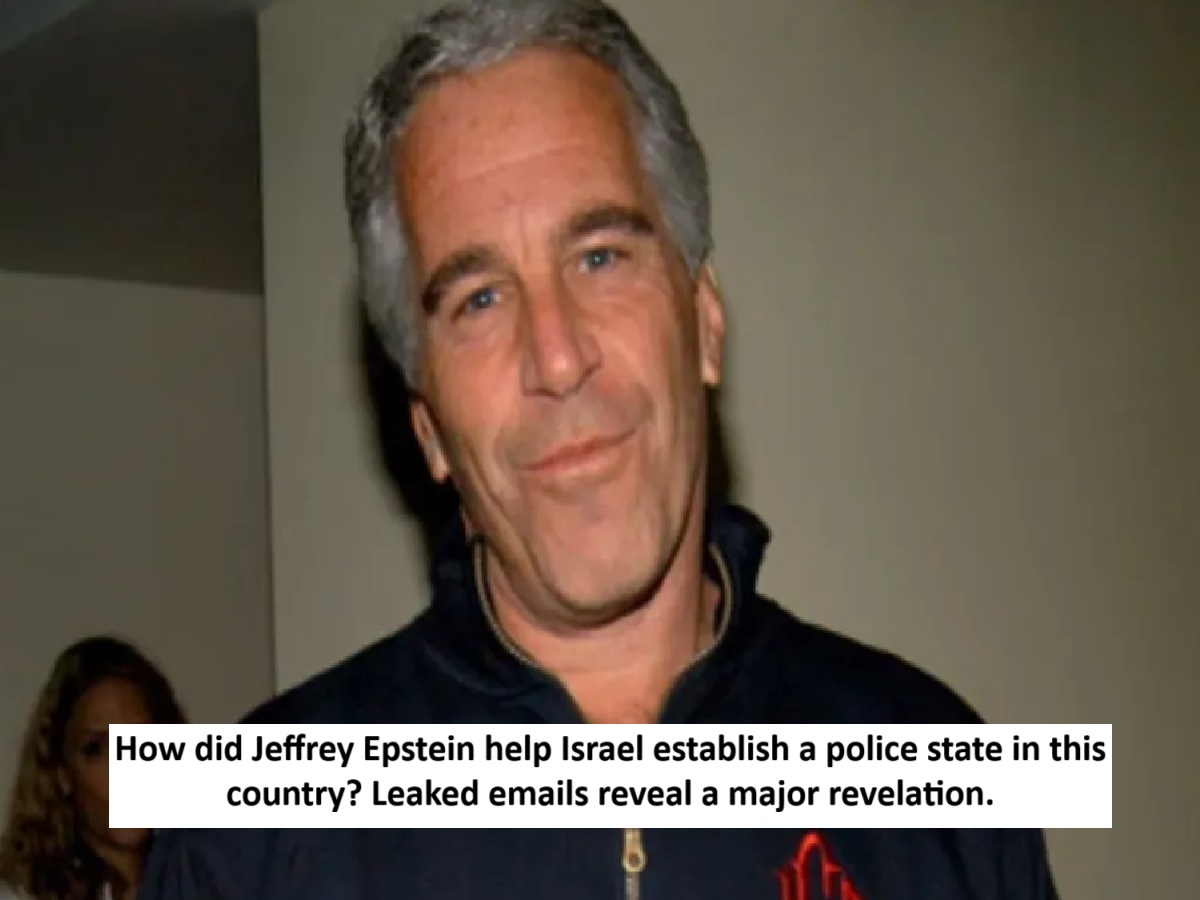
News Topical, Digital Desk : The West African country of Côte d'Ivoire experienced a major political crisis in 2010-11. Violence erupted after elections in which the United Nations declared Alassane Ouattara the winner, but then-President Laurent Gbagbo refused to relinquish power.
Gbagbo was removed in 2010 after French and UN intervention. Meanwhile, former Israeli Prime Minister and Defense Minister Ehud Barak and notorious financier Jeffrey Epstein began to see this volatile situation as a business opportunity.
What was the main topic?
In 2012, a few days after Ouattara foiled a coup attempt, he met with Barak and Israeli PM Benjamin Netanyahu in Jerusalem. Counterterrorism cooperation was a key topic of the talks. An Israeli team was subsequently sent to Kot d'Ivouk to advise on security reforms and military reconstruction.
At the same time, Barack, who was talking about retirement, began selling private security services to troubled countries around the world. Epstein was helping him via email. In one email, Epstein wrote, " With the growing unrest in countries and the unease of those in power, the timing is perfect. " Barack replied, " You're right, but it's not easy to turn this into money. "
What was found in the leaked emails
Leaked emails and documents from the US House Oversight Committee reveal that in 2012, when Barak was still Israel's Defense Minister, Epstein was involved in Israeli intelligence operations in Africa. Epstein helped present plans for a phone and internet surveillance system in Côte d'Ivoire, developed by former Israeli intelligence officials. This private arrangement later became the basis for the 2014 Israel-Côte d'Ivoire security agreement.
On June 18, 2012, the same day Barack met with Ouattara, Ouattara's son met with Epstein in New York. Three months later, Epstein met with Ouattara's niece, Nina Keita, and then had a private meeting with Barack at the Regency Hotel in New York. Epstein then traveled to Africa, including visits to Côte d'Ivoire, Angola, and Senegal.
Barak's direct intervention
Barak continued to pursue the deal even after leaving office in March 2013. On March 19, he received an email proposing a surveillance and video monitoring center in Abidjan. The messages used code words to keep the conversation confidential.
A UN report mentioning Israeli-origin cartridges briefly halted negotiations, but Barak immediately increased contacts with key figures in the Israeli security world – Amos Malka, Micky Federman , and Ouattara's chief of staff, Sidi Tiemoko Toure.
The real security agenda
On August 1, 2013, Barak arrived in Abidjan under the pretext of a " non -security " hospital project and met with top officials, including Ouattara. On September 16, Barak was sent a 13-page SIGINT ( signals intelligence) proposal prepared by Aharon Ze'ev-Farkash, former head of Israel's Unit 8200. It stated that the document was based on his and his colleague's service experience and complied with " knowledge export " regulations. Several more meetings were subsequently coordinated through Epstein in New York.
security agreement signed
UN sanctions were lifted in mid-2014 , and an official defense and internal security agreement was signed between Israel and Côte d'Ivoire that same year. The documents also revealed that Barak's longtime associate and former intelligence officer, Yoni Koren, stayed at Epstein's Manhattan home several times during 2013–15 , maintaining Barak's informal contacts with Israeli security institutions.
Read More: The CIA openly offered Chinese military officers the job of spying, enraging the Dragon.
--Advertisement--

 Share
Share



